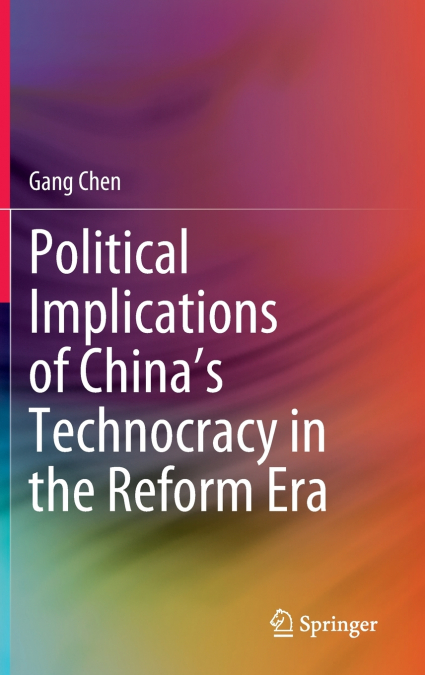
 Librería Perelló (Valencia)
Librería Perelló (Valencia)
 Librería Aciertas (Toledo)
Librería Aciertas (Toledo)
 El AlmaZen del Alquimista (Sevilla)
El AlmaZen del Alquimista (Sevilla)
 Librería Elías (Asturias)
Librería Elías (Asturias)
 Librería Kolima (Madrid)
Librería Kolima (Madrid)
 Donde los libros
Donde los libros
 Librería Proteo (Málaga)
Librería Proteo (Málaga)
This book focuses on the evolution of technocracy in contemporary Chinese politics and its implications in China’s elite politics and policymaking. The rise of technocracy in contemporary Chinese politics is not only attributed to the meritocratic tradition based on civil service exams in ancient China but also tied to the current authoritarian political system that relies on the top-down cadre promotion approach instead of public elections. Leaders with technocratic backgrounds have brought changes to China’s political landscape since technocrats tend to solve governance issues using technical solutions in an industrialized society as compared to pure politicians and revolutionaries, who are inclined to resort to political, and sometimes populist, options. This book examines the specific tech areas from which top technocrats have been emerging in Chinese politics, which include military and aerospace industry, public health, engineering and science, economics and finance, as well as information technology. It is a unique research monograph based on research on China’s evolving technocracy and its political, economic and international implications that provides a detailed and thorough study of the country’s industrial policies being reshaped by these technocrats and their likelihood of joining the Chinese Communist Party’s top echelon in the next five to ten years.